Hola!
I am Solomon Alhassan and an Early Stage Researcher with the PROTECTED consortium and currently realizing a Ph.D. in Cell and Molecular Biology at the Universidad Austral de Chile.
Becoming part of a multidisciplinary, International collaboration with fifteen highly motivated early stage researchers and a network of very experienced investigators as mentors studying endocrine disruptors in various contexts has been so far an exhilarating experience.
I arrived in Valdivia, Chile in late January, the middle of the southern summer. Right from the Airport, you would be more than impressed with the hills and winding rivers that are a feature of Southern Chile. Besides amazing scenery which includes an endless view of the Pacific with long clean beaches, Valdivia has an interesting history and the distinction of having experienced the most powerful earthquake to have been recorded in a city. The effects of the 9.5 Magnitude earthquake is still visible in the region’s landscape. Valdivia is a city of rivers and effectively combines it strong European heritage with pleasant latin American vibes.
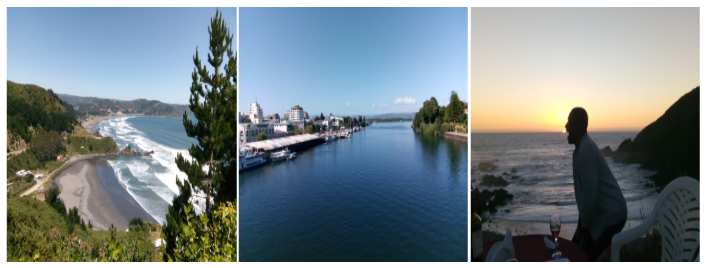
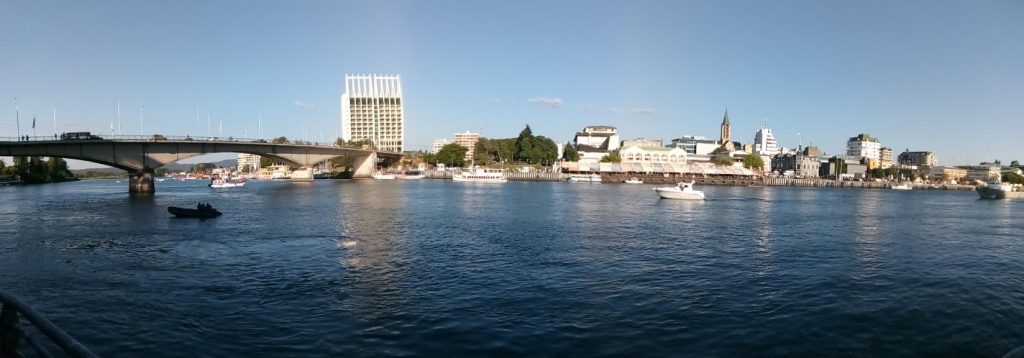
My first task was registering with the City council and getting introduced to the Lab. While I had spoken with him online after my interview and selection it was really nice finally meeting Dr (c) Guillermo Valenzuela in person. Like Prof Gudrun Kausel (everyone calls her Gudy or GK, I am still getting used to this) he is one of the brightest, nicest and down-the-earth fellows you’d meet. He gave me a tour of the University and got me to meet people.
I am currently in the preliminary stages of my research which involves identifying new biomarkers to environmental estrogen exposure in carp (an excellent sentinel species). The novelty is that we hope to identify and characterize these in exosomes which are beginning to gain some attention in toxicology not just for their roles in cell-cell communication in different physiologic contexts but also serve as a possible mechanism for cellular waste disposal. We hope our findings will advance the field and become a useful method for less invasive and highly sensitive detection of environmental EDCs.

Solomon
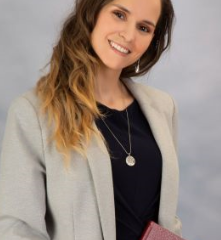
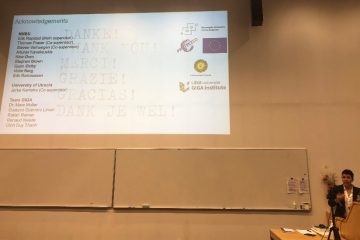
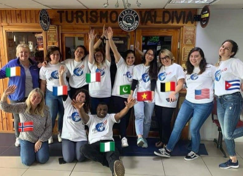
0 Comments